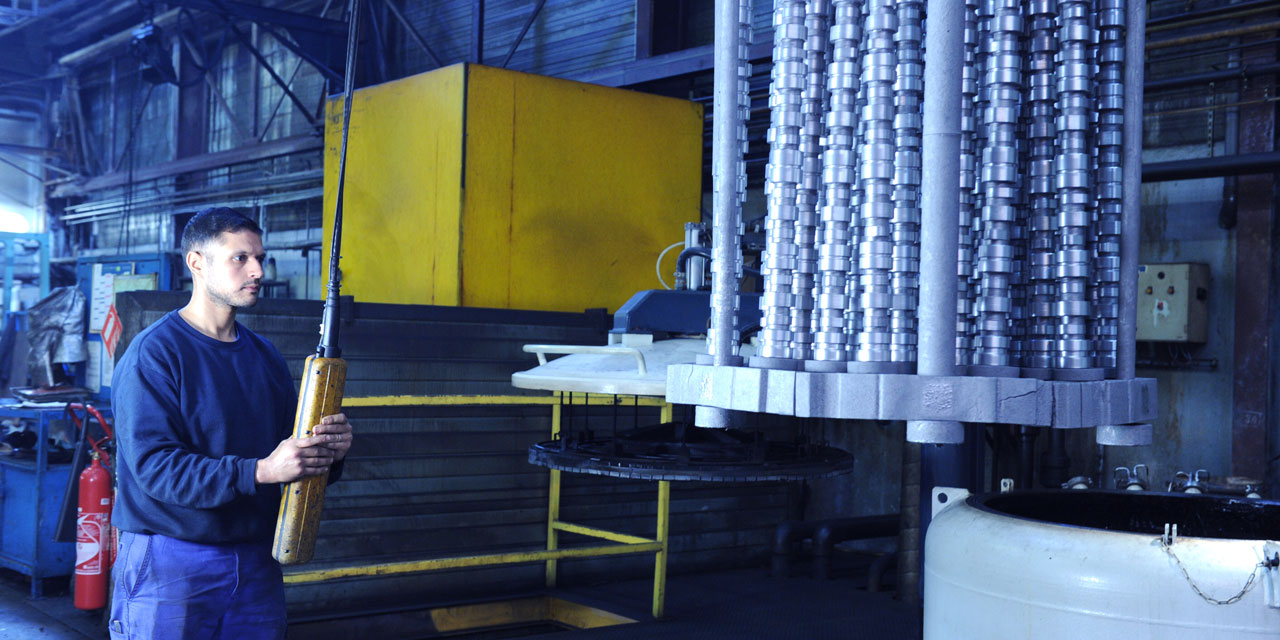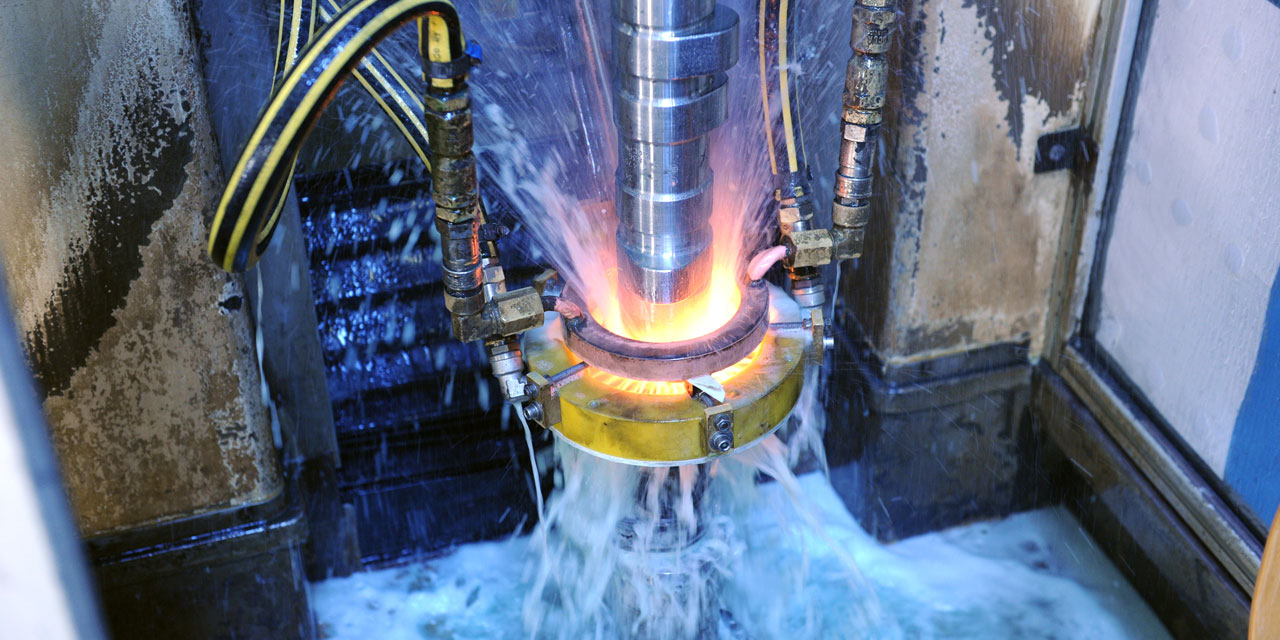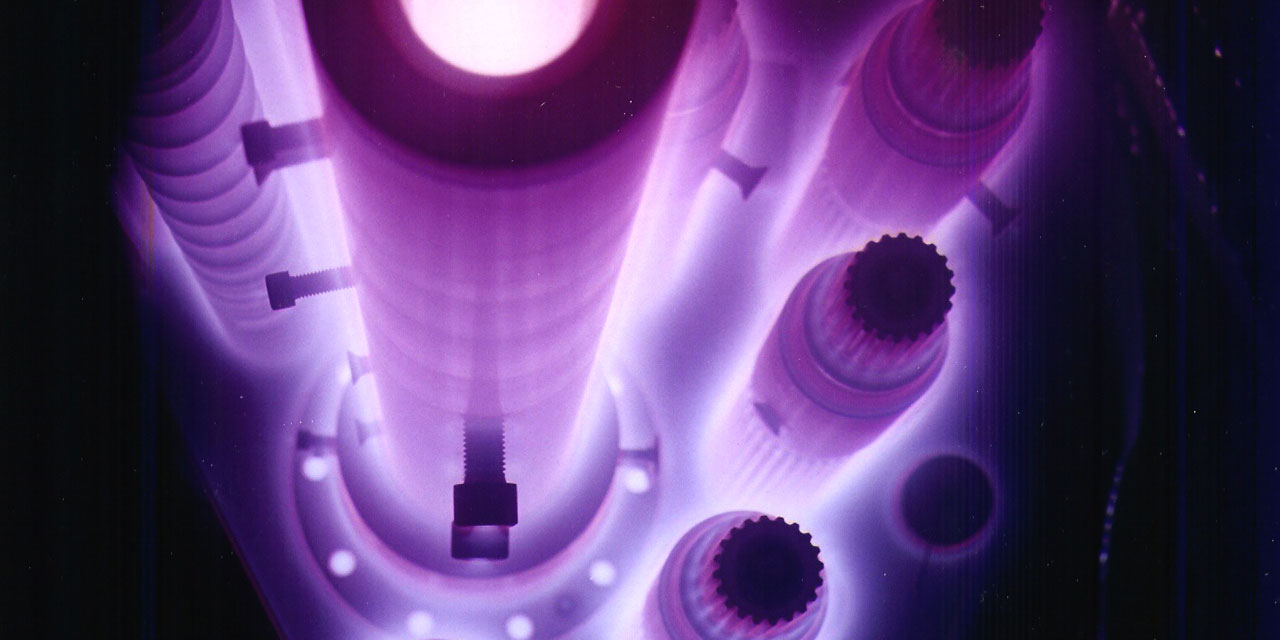The hardening has been one of our core competences ever since the company was founded.
MTS is at the forefront of understanding the interaction of steel and heat treatment combinations.
Own raw material specifications with high cleanliness level and quenchability improvement and through its heat treatment processes, MTS achieves excellent steel properties.
Surface treatment performed my means of carburizing, induction hardening or nitriding enables increased performance components.
LPC gets many advantages in comparison with traditional atmosphere carburizing. This process allows to avoid oxidation of parts, a better carburizing homogeneity, and an excellent repeatability of the process from load to load, and to fit in tight metallurgical tolerances regarding the carburizing depth, and finally, hardness parameters.
Different physical parameters: temperature, length of the gas injection phases, flows and pressures, enable to reach precise and optimal results.

The efficiency of an induction heating system for a specific application depends on several factors: the characteristics of the part itself, the design of the inductor, the capacity of the power supply, and the amount of temperature change required for the application.
Advanced Inductor Manufacturing and Rotating Inductor Technology are two examples that demonstrate how we take an innovative approach to solving complex heating problems.

Particularly when applied to higher alloyed steels, plasma nitriding imparts a high surface hardness which promotes high resistance to wear, scuffing, galling and seizure. Fatigue strength is increased mainly by the development of surface compressive stresses. Plasma nitriding is a smart choice whenever parts are required to have both nitrided and soft areas. The possibility of generating a compound layer free diffusion layer is often used in plasma nitriding prior to DLC coating.

You need
a service for the development of your products